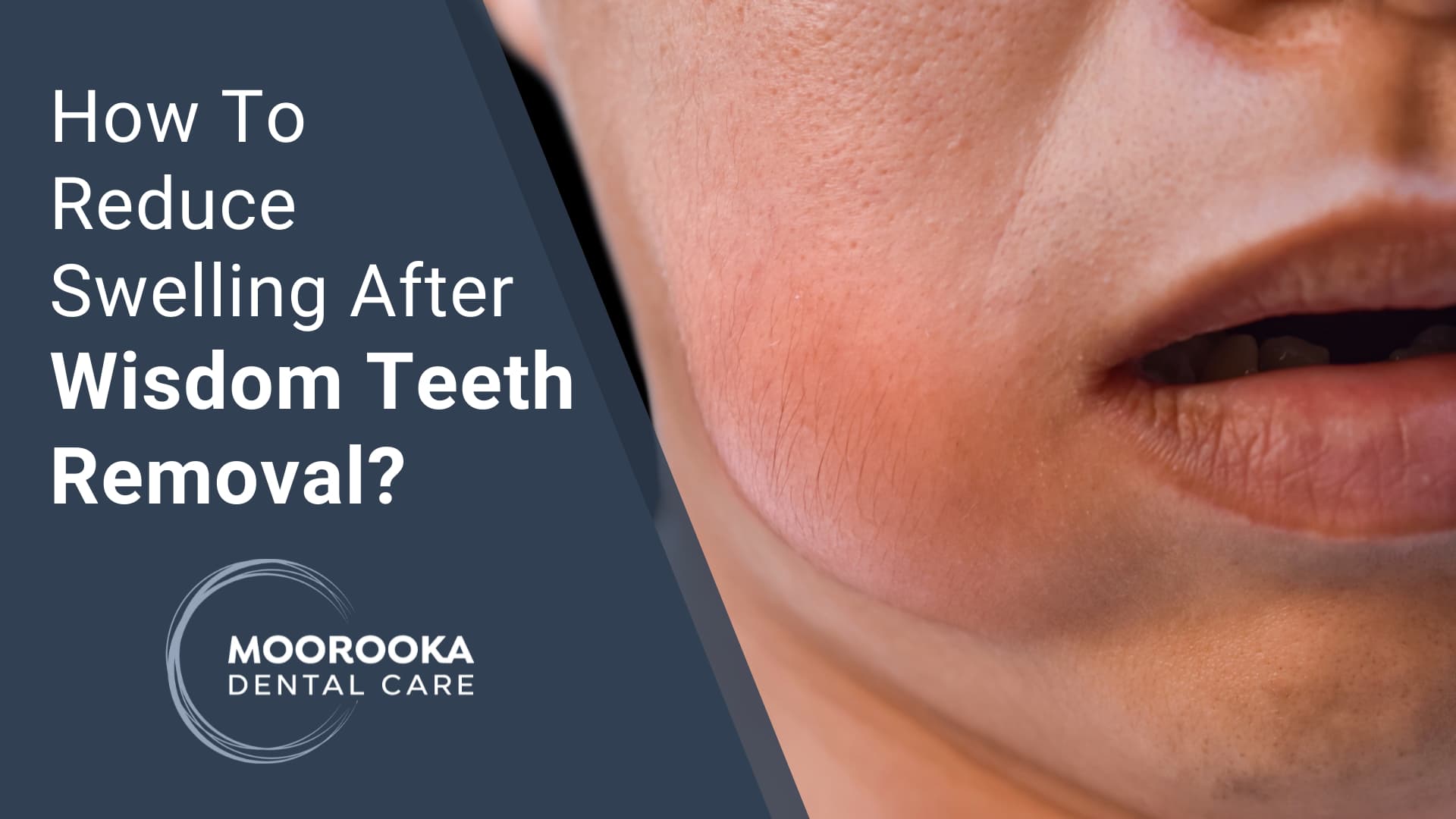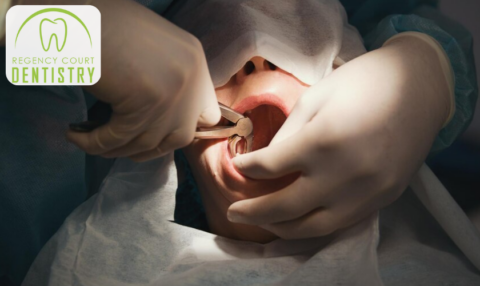Dental Experts
Dental Experts
Blog Article
Checking Out Various Sedation Options for a Comfortable Wisdom Pearly Whites Extraction Experience

Neighborhood Anesthesia
Local anesthesia is a generally used approach for numbing specific areas of the mouth during wisdom teeth removal procedures. By administering a regional anesthetic, such as lidocaine, a dentist can guarantee that the person stays comfortable and pain-free throughout the removal procedure.
One of the main benefits of neighborhood anesthesia is its targeted numbing effect, which implies that only the certain area being treated is impacted. This local method minimizes the risk of systemic side effects and enables a quicker recovery post-procedure. wisdom teeth removal aspendale. In addition, neighborhood anesthetic is taken into consideration to be a routine and secure technique in dental care, with minimal risks entailed when carried out by a skilled expert
Nitrous Oxide

Additionally, laughing gas is understood for its fast recuperation time. Once the mask is gotten rid of, the impacts of the gas wear away quickly, permitting clients to resume their normal activities without lingering sedative impacts. This makes laughing gas a practical choice for those that need to drive themselves home after the oral visit. Furthermore, laughing gas is suitable for people of any ages, making it a functional sedation option for knowledge teeth extractions and various other dental treatments.
Dental Sedation

Unlike intravenous sedation, dental sedation does not need needles or injections, making it a much more comfortable option for individuals with a concern of needles. Furthermore, dental sedation is taken into consideration effective and secure when provided by qualified oral experts.
IV Sedation
Carried out intravenously by trained doctor, IV sedation is an effective method used to cause a controlled state of deep leisure and unconsciousness during dental treatments. Unlike dental sedation, which can be unforeseeable in its effects, IV sedation permits accurate control over the degree of sedation, making it an optimal selection for complex procedures like knowledge teeth extractions.
During IV sedation, a sedative medication is supplied directly have a peek at this site into the blood stream via a vein, enabling it to work rapidly and successfully. This approach guarantees that the person remains comfortable and uninformed of the procedure while still preserving vital visit the website functions such as breathing and heart price.
One of the key benefits of IV sedation is its capability to provide a much deeper degree of sedation compared to various other approaches, making it particularly suitable for individuals with high levels of anxiety or those undertaking extensive dental work. In addition, the effects of IV sedation usually disappear gradually after the procedure, minimizing the probability of grogginess or remaining side impacts. Generally, IV sedation uses a efficient and risk-free choice for making sure a comfy and trouble-free experience throughout knowledge teeth extraction.
General Anesthesia
Having gone over the advantages of IV sedation for knowledge teeth removal, the use of basic anesthesia provides a different choice for clients requiring a much deeper degree of unconsciousness throughout oral procedures. General anesthetic causes a controlled state of unfamiliarity, making sure the patient feels no discomfort or discomfort throughout the extraction procedure. This technique is particularly beneficial for people with severe oral stress and anxiety, facility surgical needs, or those undertaking several removals concurrently.
General anesthesia is carried out by an experienced anesthesiologist who very closely keeps track of the person's crucial signs throughout the treatment. It involves using intravenous medications or breathed in gases to induce a state of unfamiliarity. While under general anesthetic, the client will certainly not recognize the surgery, experience any kind of discomfort, or have any type of recollection of the treatment afterward.
Although basic anesthesia is risk-free when administered by qualified specialists, it brings a somewhat higher risk compared to other sedation options. wisdom teeth removal aspendale. Clients taking into consideration general anesthetic for knowledge teeth removal should go over the possible threats and benefits with their dental expert or dental surgeon to make a notified decision based upon their private demands and clinical background
Verdict
To conclude, different sedation choices are offered to make certain a comfy knowledge teeth removal experience. Neighborhood anesthesia is commonly utilized for great post to read numbing the certain location, while laughing gas gives leisure and discomfort relief. Oral sedation and IV sedation offer deeper degrees of relaxation, depending on the patient's needs. General anesthetic can be made use of for extra intricate instances. It is important to speak with your dental professional or oral specialist to identify the most suitable sedation alternative for your treatment.
Nitrous oxide is appropriate for patients of all ages, making it a functional sedation choice for wisdom teeth removals and other oral procedures.
Unlike intravenous sedation, dental sedation does not need shots or needles, making it a much more comfy choice for individuals with an anxiety of needles.One of the key advantages of IV sedation is its ability to provide a much deeper level of sedation contrasted to other techniques, making it particularly ideal for clients with high degrees of anxiety or those undertaking substantial dental job.Having reviewed the advantages of IV sedation for wisdom teeth removal, the usage of basic anesthesia provides an alternate option for individuals needing a much deeper level of unfamiliarity during oral treatments. Dental sedation and IV sedation offer deeper degrees of relaxation, depending on the patient's requirements.
Report this page